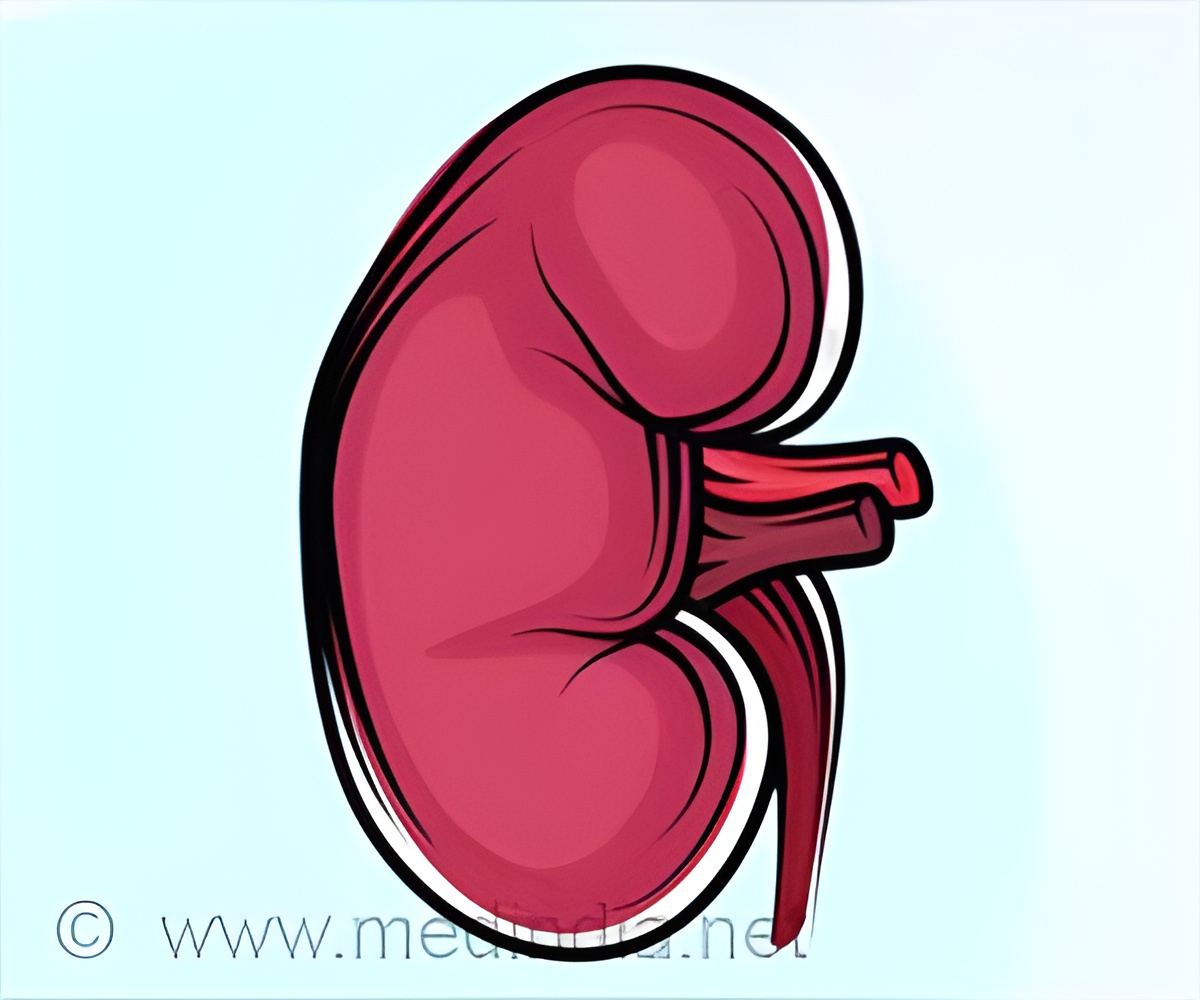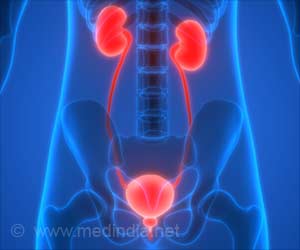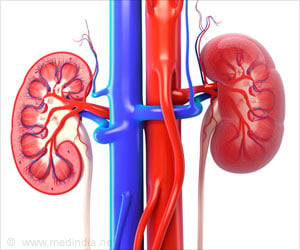A protein that, when detected at high levels in the blood, predicts which patients are at highest risk of acute kidney injury, said researchers.

‘In acute kidney injury patients, a protein was found to be a promising target for future therapies or interventions. ’





"What's most exciting about this work is that it has therapeutic implications," said co-first author David E. Leaf, MD, the director of Clinical and Translational Research in Acute Kidney Injury in the Division of Renal Medicine at the Brigham. "Together with my colleagues, we've discovered evidence that this protein confers greatly increased risk of AKI across different clinical settings and may also be a therapeutic target for AKI prevention." The protein that Leaf and his colleagues describe in their paper is known as soluble urokinase plasminogen activator receptor (suPAR), a protein made in the bone marrow by immune cells and which circulates in the blood. Previous studies indicated that suPAR is a strong predictor of chronic kidney disease progression, but its ability to predict AKI and any role it might play in directly affecting AKI were unknown.
Leaf and colleagues designed a clinical study to investigate levels of suPAR in patients at risk of AKI. The team collected blood samples from patients about to undergo coronary angiography for suspected heart disease, patients undergoing cardiac surgery, and critically ill patients who had been admitted to the intensive care unit. In total, the study included 4,769 patients.
The team found that suPAR levels independently predicted risk of AKI across each of these clinical settings. If a person had higher suPAR levels before undergoing coronary angiography or cardiac surgery, or upon admission to the intensive care unit, they were at much greater risk of developing AKI afterwards. These associations were entirely independent of other clinical characteristics, such as age, gender, race, severity of illness, and baseline kidney function. The team divided patients into quartiles based on how high their suPAR levels were and compared outcomes for patients across quartiles. They found that risk of AKI increased steadily with increasing suPAR levels, with an increase of 3.5-to-4 times the risk of AKI for those in the highest quartile compared to the lowest.
In preclinical models, investigators found that genetically or pharmacologically manipulating suPAR expression in animal or cellular models affects AKI susceptibility. These studies provide critical support for the concept that suPAR may play a direct mechanistic role in AKI.
"Both our clinical and experimental findings support the notion that suPAR may represent an important therapeutic target for AKI prevention in those who are at increased risk," said Leaf.
Source-Eurekalert















